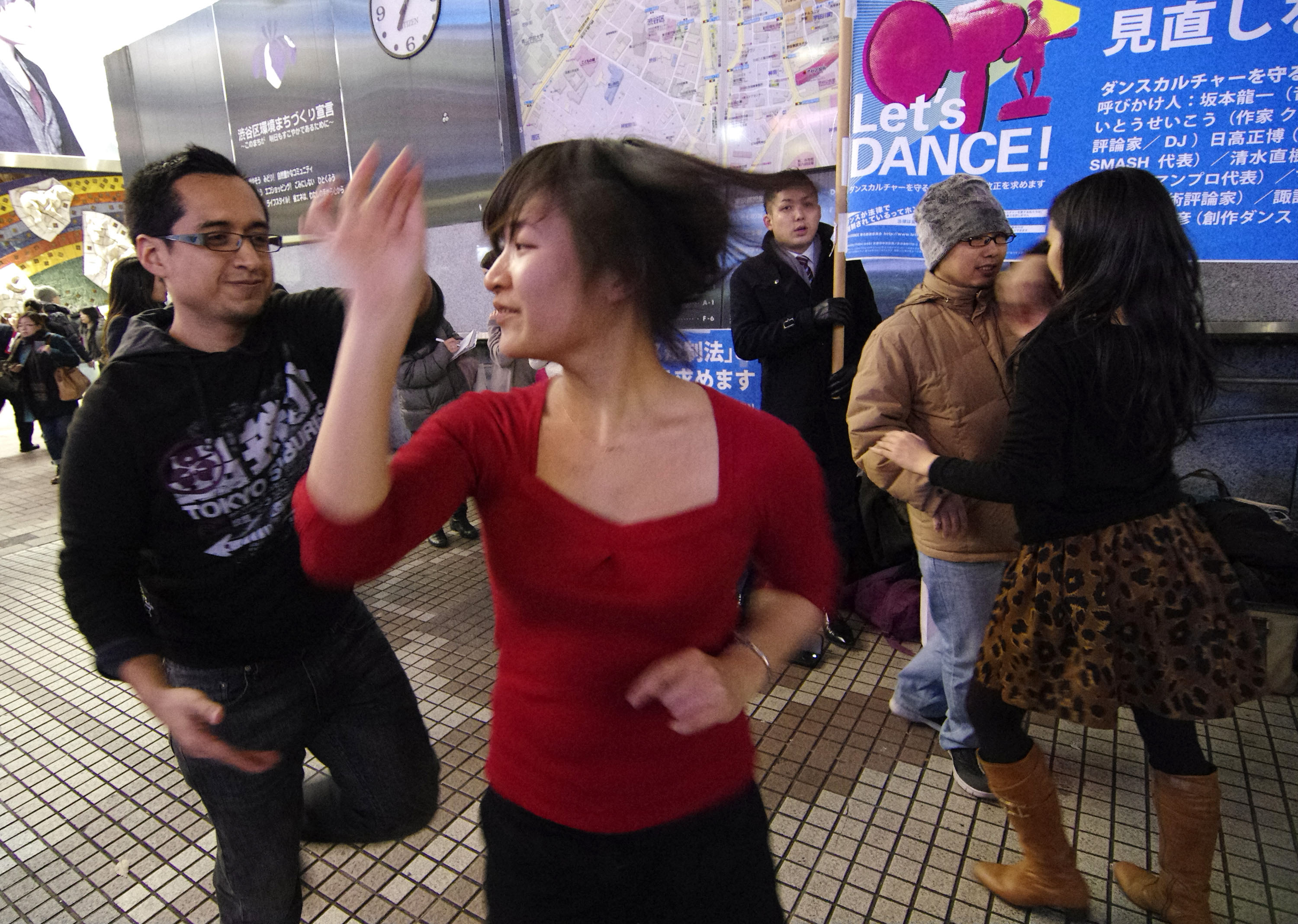Earlier this month, several people were seen salsa dancing in frigid weather outside bustling Shibuya Station. They weren't there to show off, but to protest what they say is an outdated law that is being used to indiscriminately crack down on their favorite dancing spots.
"I feel my joy for life is being threatened by this obsolete law," said Risa Suzuki, a senior at Waseda University who is part of a group calling for the 64-year-old Entertainment Business Control and Improvement Law to be revised so nightclubs can operate unhampered.
While the government recently made dance part of the public education curriculum, the dance halls and nightclubs responsible for making it popular are being told to close by 1 a.m. or add more floor space under a code that was originally drafted to regulate Japan's bustling sex and entertainment industries.



















With your current subscription plan you can comment on stories. However, before writing your first comment, please create a display name in the Profile section of your subscriber account page.